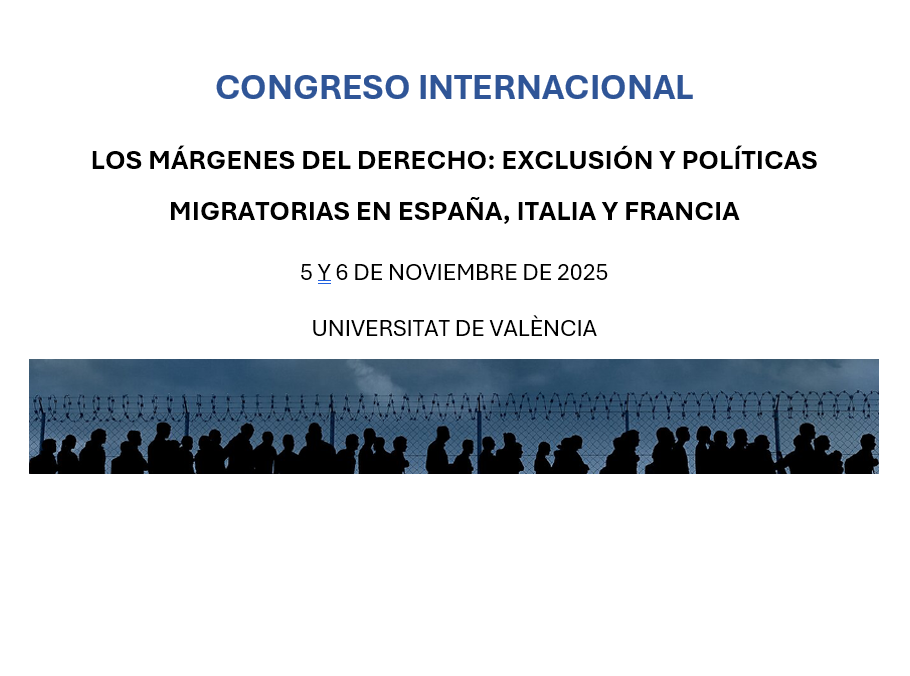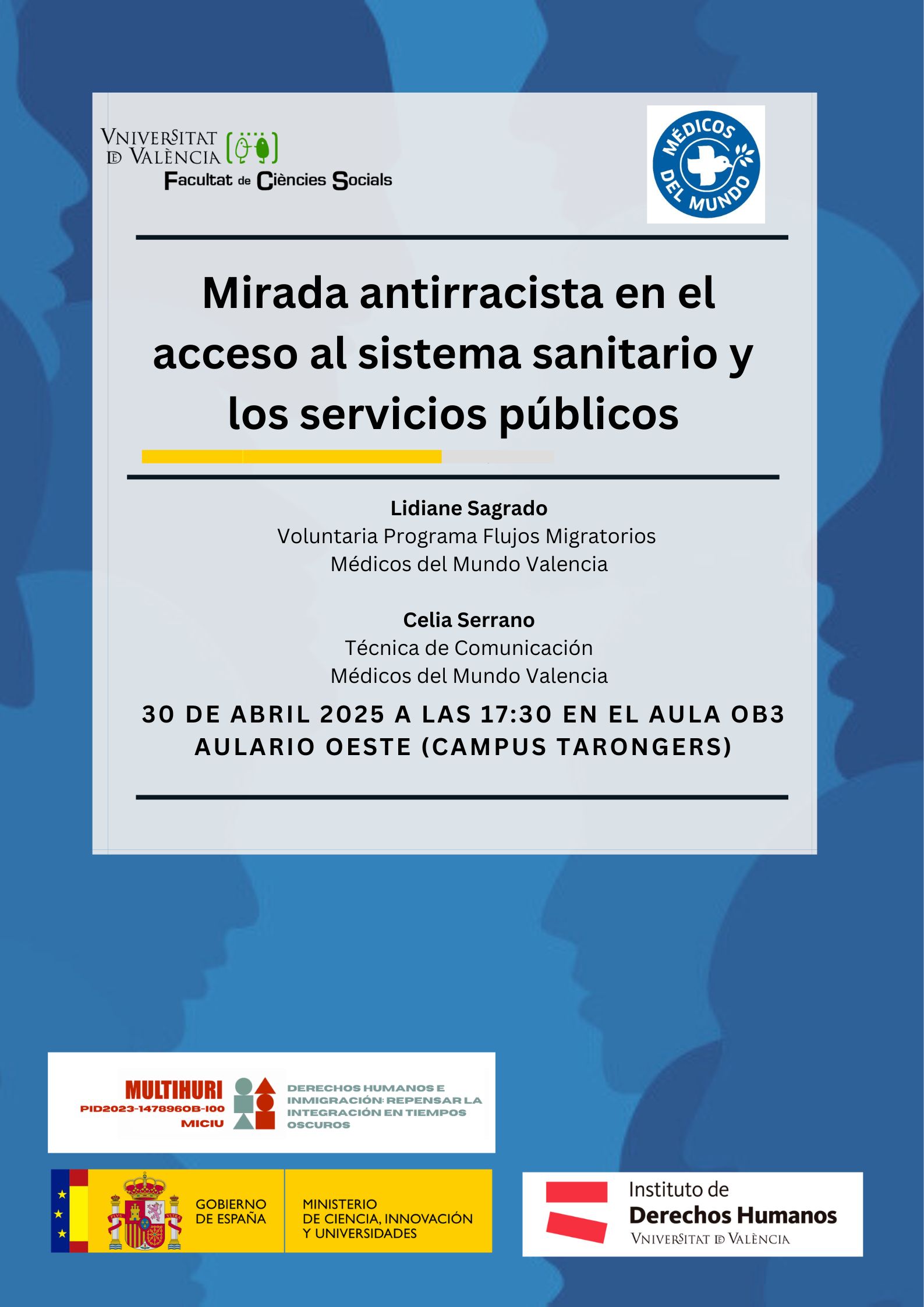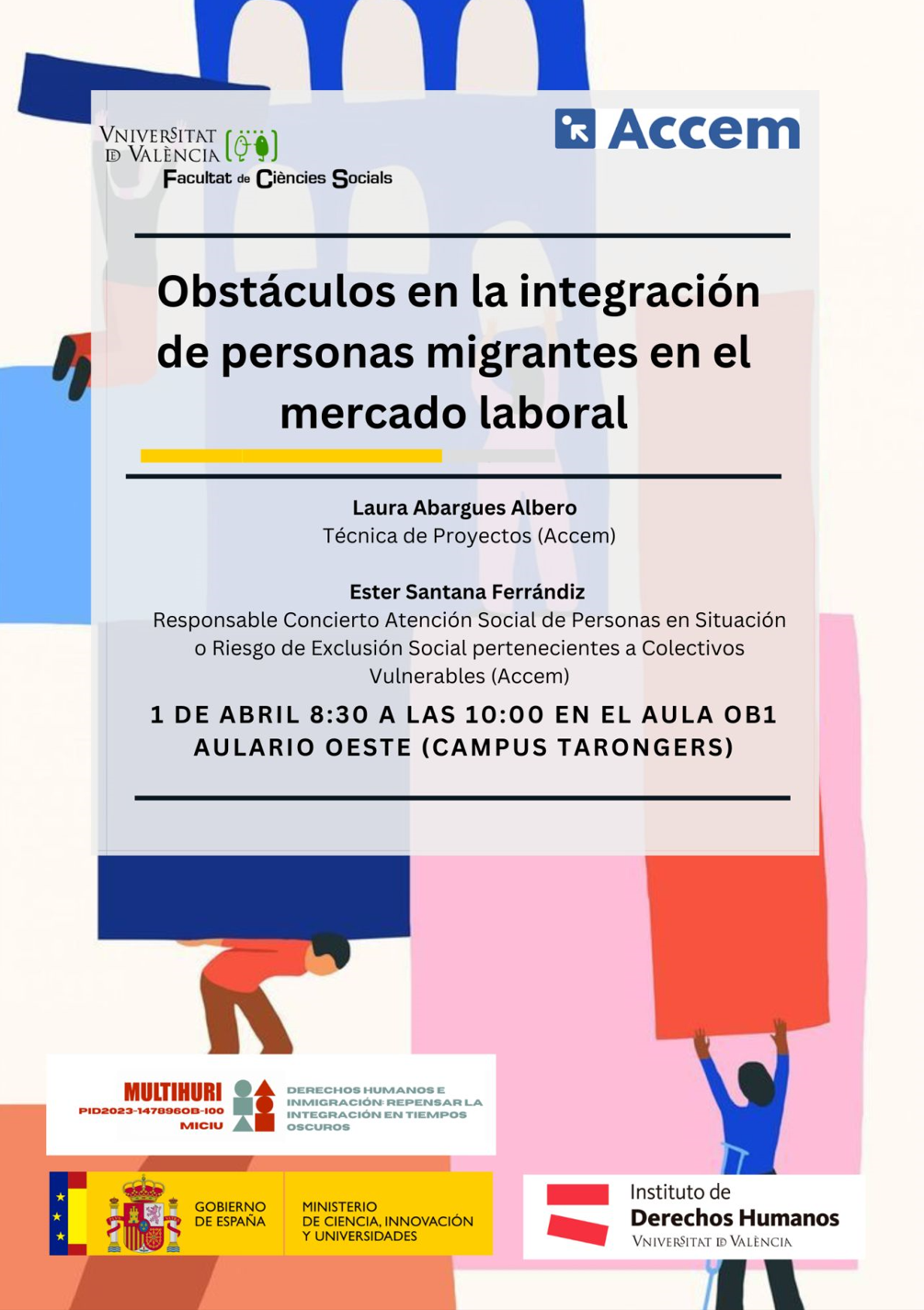Project description
Equality is a value, a principle and a fundamental right in modern rule-of-law democratic states. However, contrary to what would be desirable, the very own seeds of existing democratic societies contain racist ideas that put human rights under strain. Besides, the increase of racism, from almost imperceptible discrimination to most apparent forms of racism, right up to hate speech, is not easy to fight in a context marked by several vertical axes of inequality (top/bottom) and the breakdown of social integration links (inside/out) that jeopardize social cohesion.
As doctrine largely confirms, there are different types of racism and racism-related discrimination, and they feed off each other. In this regard, a distinction can be drawn among institutional racism, which refers to the series of structures, policies, practices and rules that result in differential access to the goods, services and opportunities of society, as the European Court of Human Rights recently confirmed; a form of racism exercised by individuals and the societies to which they belong; and a cultural racism involving both individuals and institutions that is rooted in the different elements that make up the dominating culture.
In order to prevent and fight those different forms of racism and discrimination that threaten the exercise and guarantee of human rights, an analysis considering both the legal and social scope becomes necessary, as this project outlines. Thus, this research proposes as a starting point, on the one hand, identifying the processes that lead to social exclusion and give rise to discrimination and racism situations, particularly in the case of people of foreign origin and, on the other, looking at ways to face such situations on the basis of the specific reports issued by United Nations and the European guidelines.
Based on those parameters, the MULTIHURI project, including a multidisciplinary research and their previous experience as a team, focuses on the study of the Spanish case using a comparative analysis. At a first stage it proposes a critical review of the legislative measures and political and social actions adopted in Spain to deal with racial or ethnical discrimination, racism and hate speech. A second part of the research focuses on the comparative analysis against reality and the related actions taken in Italy, France, Denmark and Finland. The balance among such different scenarios, ranging from France, which was a pioneer estate adopting measures against racism; Italy, whose anti-immigration policies have blatantly challenged the most fundamental rights; and the Nordic region represented by Denmark and Finland, where some expressions of racism have grown exponentially, is essential in order to identify good practices.
All this will lead to proposals to develop institutional mechanisms and design social, legal and political programmes and initiatives to assemble a robust system of action in order to meet the urgent need to reduce racism and discrimination levels, tackle hate speech and crime effectively, and facilitate progress towards a legal and social framework that allows for better conviviality.
Featured
International Conference

November 5 and 6, 2025
Equality in access to and exercise of individuals’ rights is a key element for their social integration. At the international conference “Los márgenes del derecho: exclusión y políticas migratorias en España, Italia y Francia”, which will be opened by Juan Iglesias Martínez, the discussion will take place within a comparative framework among these three countries. The first session will focus on law as a boundary, through the analysis of legislation that marginalizes, with presentations by Ángeles Solanes, Letizia Mancini, and Aitana Torró. The second session, which revolves around languages of exclusion in political discourse, will feature Jorge Correcher, Nacho Hernández, and Iker Barbero. The third session will address experiences on the margins of this border, offering a journey along this dividing line with contributions from Ana Vázquez, Mariagrazia Santagati, and Annalisa Lendaro. Afterward, there will be a propositional roundtable on the Europe we want, bringing together the notions of justice, citizenship, and inclusion. Participating in this discussion will be Ferran Camas Roda, Rubén Romero Masegosa, and Lourdes Santos. Finally, Professor Javier de Lucas will close the conference with a reflection on the European paradox of universal rights in times of exclusion..
An Anti-Racist Perspective on Access to the Healthcare System and Public Services

April 30, 2025
The seminar “An Anti-Racist Perspective on Access to the Healthcare System and Public Services” will address the structural and discriminatory barriers faced by migrants and racialized individuals in accessing basic rights such as healthcare and social support. Drawing on the experience of Médicos del Mundo in Valencia, the session will reflect on how institutional racism impacts daily life and the exercise of fundamental human rights. Speakers Lidiane Sagrado and Celia Serrano will share professional and communication-based approaches aimed at promoting more just, inclusive, and equitable care.
Obstacles to the Integration of Migrant People in the Labor Market

April 1, 2025
This seminar examines the main barriers faced by migrant people in accessing the Spanish labor market. It will address challenges such as the recognition of foreign qualifications, a key factor in professional integration. Experts from the third sector, who support individuals throughout their employment inclusion process, will discuss access to jobs, opportunities, and existing obstacles in this field. The speakers will share their firsthand experiences and propose ways to improve the labor integration of migrant populations in Spain.


















